The Ethics and Narratives of Non-Knowledge: Literary and Cultural Perspectives on the Limits of Research (02-04 November 2022)
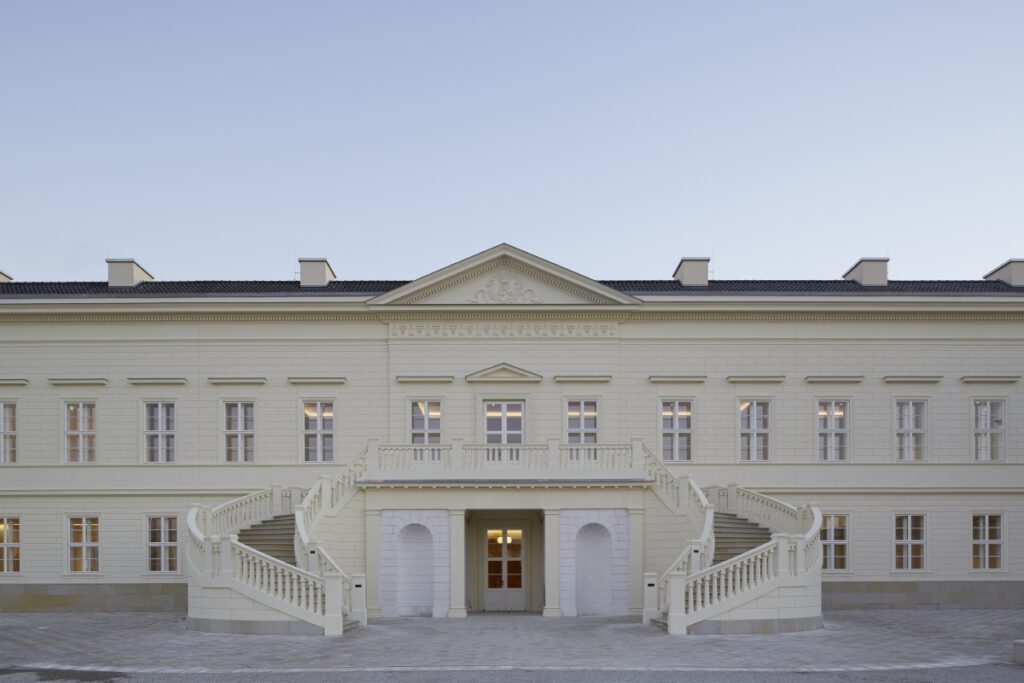
Our symposium “The Ethics and Narratives of Non-Knowledge” was part of the thematic week “Ethics of Science. Current Challenges, Opportunities and Limitations”, hosted by the Volkswagen Foundation and taking place at Schloss Herrenhausen near Hannover.
Download our programme flyer here.

KEYNOTES
Nina Janich (German Linguistics, Darmstadt):
Science and Science Communication under the Condition of Non-Knowledge and Uncertainty
Nina Janich is Professor of German Studies: Applied Linguistics at TU Darmstadt. Her research focuses on how language is used in science, e.g. when a scientific text is considered a ‘good’ text; what difficulties may arise when scientists from different subjects attempt to exchange ideas with each other; how science can be communicated to the public. She is also interested in questions of language culture and language criticism. This is one of the reasons why she has been a spokesperson for the critical language-awareness campaign ‘Unwort des Jahres’ (Un-word of the year) for years.
Helen Zhang (Chinese Studies, Comparative Literature, Bergen, Norway)
Transreading the Limits of Knowledge: A Cross-Cultural Perspective
Huiwen (Helen) Zhang is Associate Professor of Chinese Studies (Comparative Literature and Philosophy) at the University of Bergen, Norway. Using her method of transreading, Dr. Zhang has pursued historical approaches to gaps in knowledge in various cultural traditions and developed strategies for transcultural creation of knowledge.
The keynotes can be viewed via the FAU Video Portal: https://www.fau.tv/course/id/3787
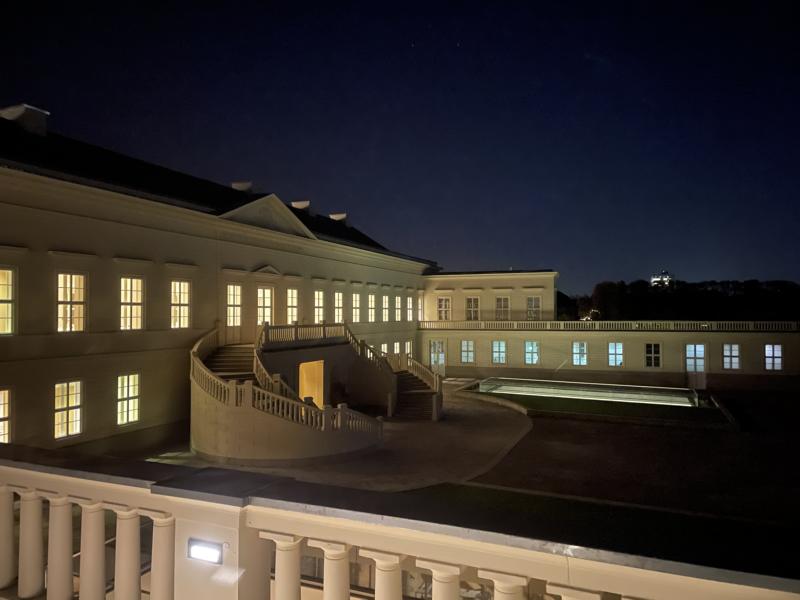
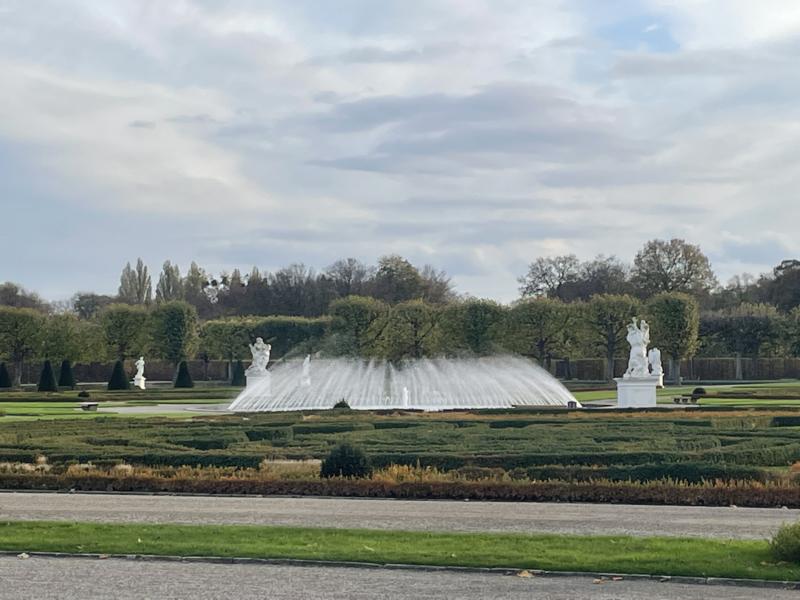
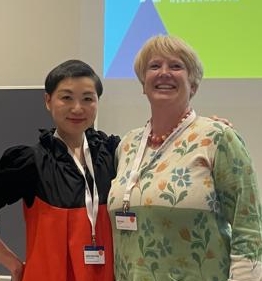
Introduction: The Ethics and Narratives of Non-Knowledge
PANEL DISCUSSIONS: Close That Gap? Ethical Perspectives on Non-Knowledge in Research
In two panel discussions, we opened up a dialogue with experts from the natural and social sciences as well as various disciplines from the humanities. Our aim was to find out what areas of non-knowledge and the unknown are virulent in their respective fields of study at the moment, and how these questions are related to ethical issues in these disciplines. Thus, we hoped to shed light on the specific narratives about these aspects, how they are addressed within their scientific communities, and if or how they are communicated to the public. Furthermore, the discussion critically reflected theoretical approaches in the humanities, analysing the role and responsibility of the postmodern notion of treating ‘knowledge’ as ‘narration’. Participants included: Verena Heise (Freelance Open Science Consultant, Oxford), Dunja Mohr (English Studies, particularly Dystopian Studies, Erfurt), Franziska Naether (Egyptology, Leipzig), Alexander Kenneth Nagel (Religious Studies, Göttingen), Thomas Reydon (Centre for Ethics and Law in the Life Sciences, Hannover), Dirk Vanderbeke (English Studies, Jena).
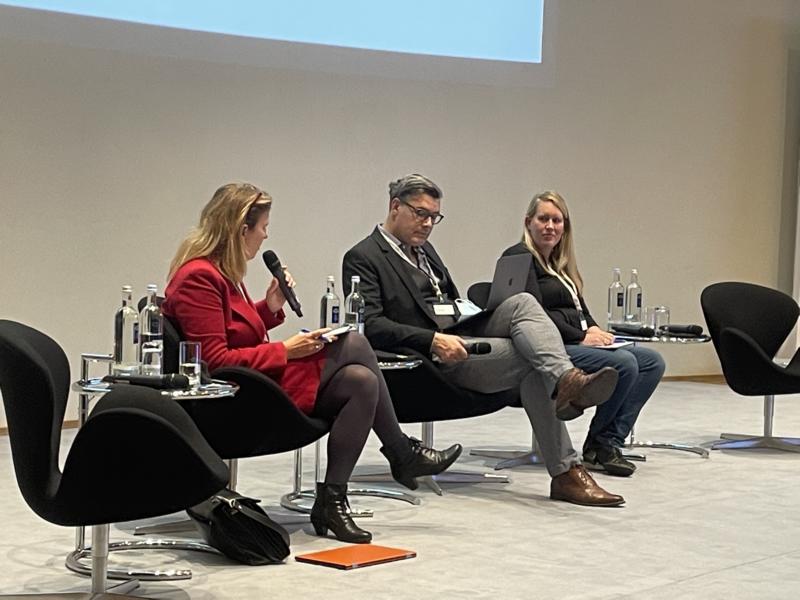
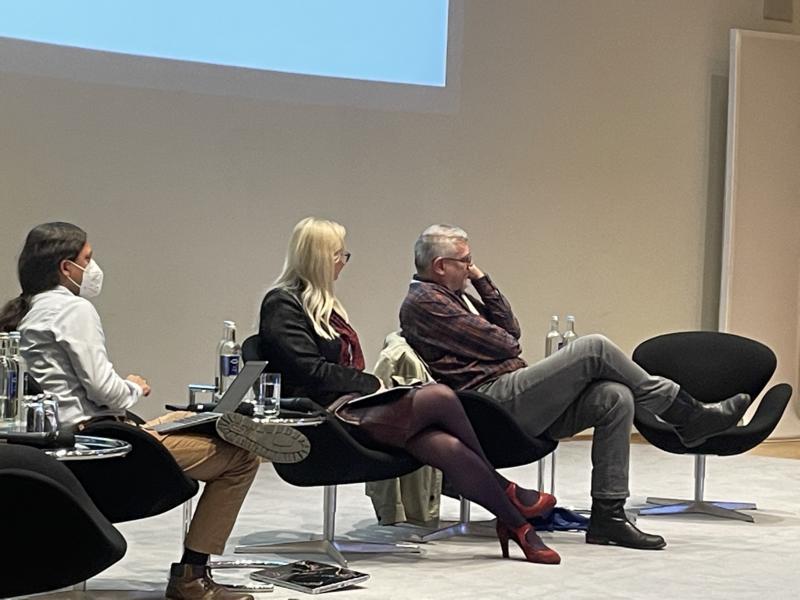
SECTIONS
The four sections focused on literary and cultural case studies on non-knowledge with an emphasis on the topics of aesthetics, ethics, time and space, as well as the non- or post-human.
We hoped to establish criteria and methodologies to describe the aesthetic ways to perceive and portray the ethical limits of knowledge and thus come to a better understanding of how these discourses enact the potential of ignorance for affective politics, investigating the contributions of literature and culture on real-world approaches to setting limits to academic knowledge. Downlioad programme.
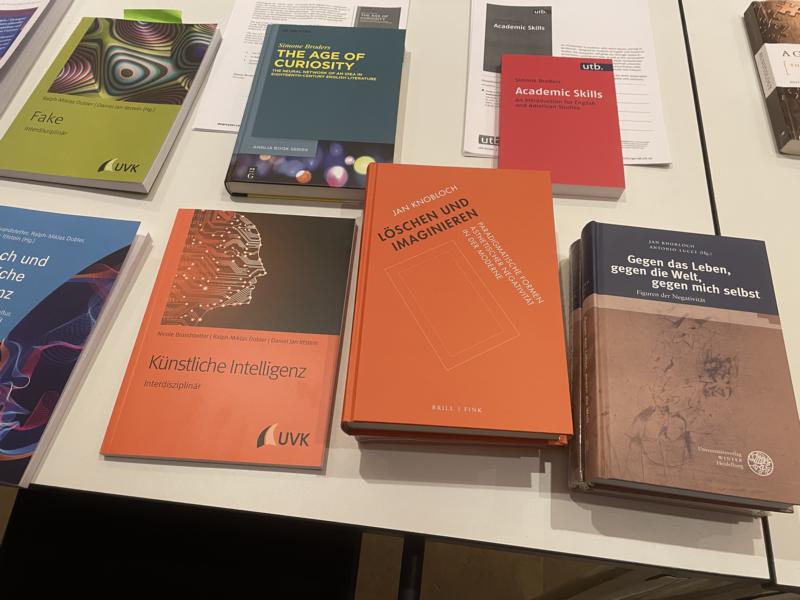
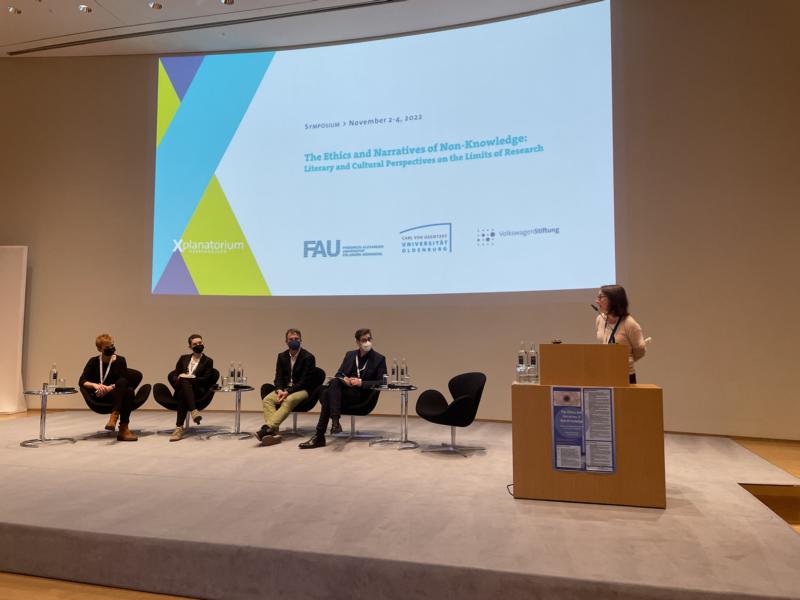
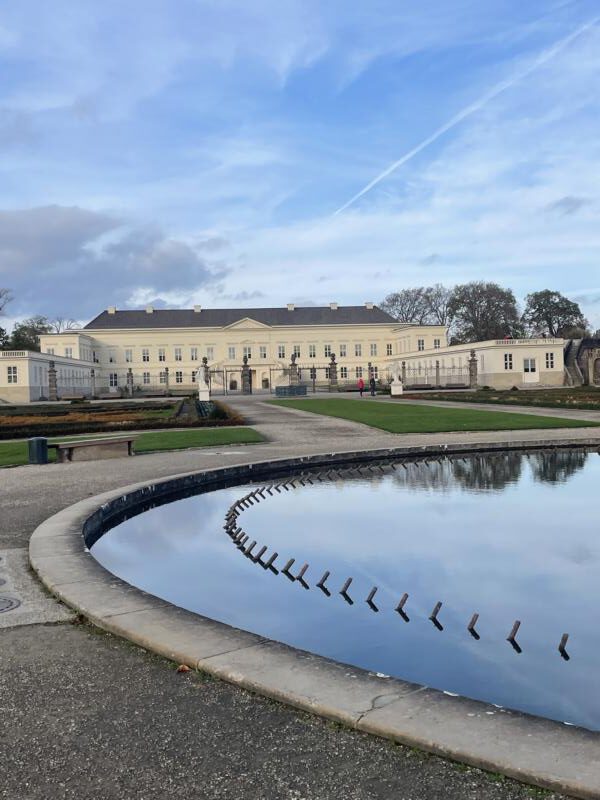
WORKSHOP
For our workshop, we focused on the following questions:
- What are current challenges in scientific research that are tied to non-knowledge, specifically such that include the limits which the sciences impose on themselves?
- How do (fictional) narratives negotiate these challenges?
- What criteria and methodologies can be established to describe the aesthetics of such narratives?
- How (and why) should we read literary and cultural narratives alongside narratives in the realms of public and scientific debate?
- How can such readings be productive for further developing the ethics of (non-)knowledge?
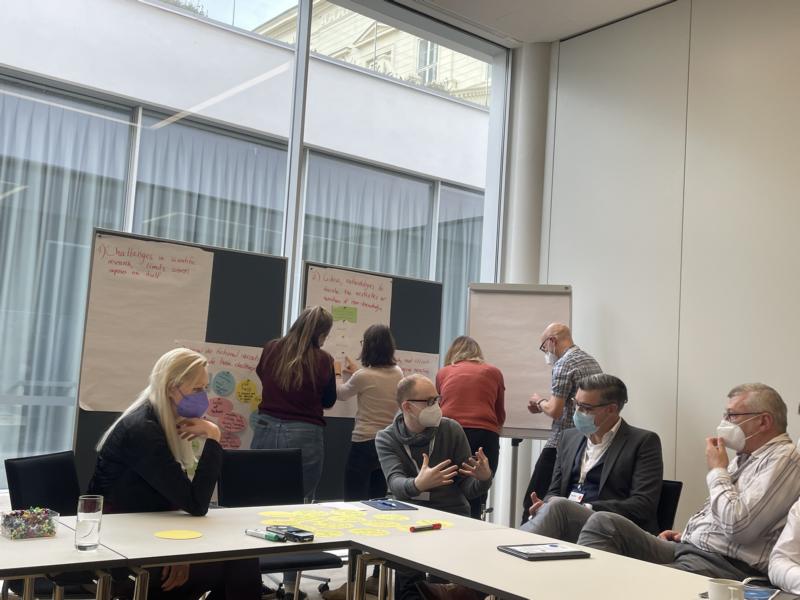
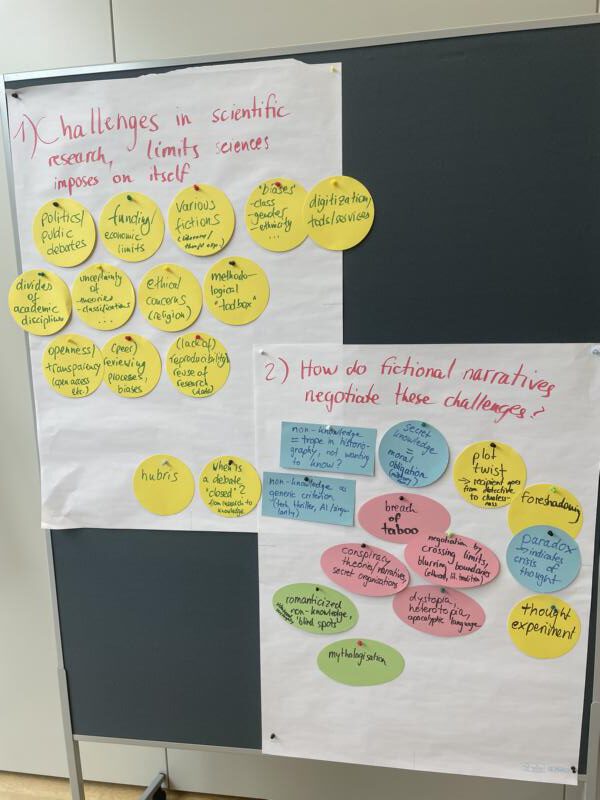
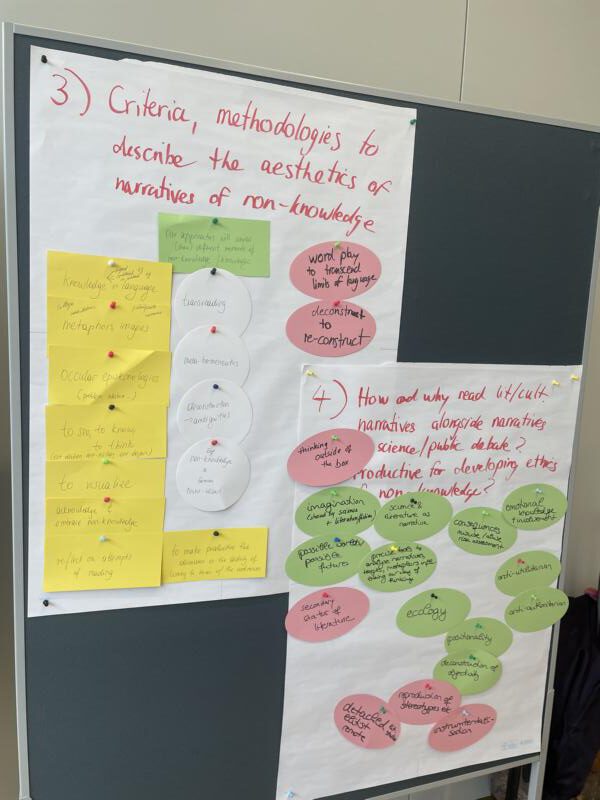
TEAM
Conference Hosts
Dr. Anna Auguscik, Carl von Ossietzky Universität Oldenburg
anna.auguscik “at” uol.de
Priv.-Doz. Dr. Simone Broders, Friedrich-Alexander-Universität Erlangen-Nürnberg
simone.broders “at” fau.de
Student Assistants: J. Dzanic (Cologne), S. Stadtnyk (Erlangen-Nürnberg), H- Hörmann (Erlangen-Nürnberg).
Notes
1 See Thomas Reydon, “How Can Science Be Well-Ordered in Times of Crisis? Learning from the SARS-CoV-2 Pandemic”, History and Philosophy of the Life Sciences 42: article #53. <https://link.springer.com/article/10.1007/s40656-020-00348-5> (open access).
2 Markus Schwering, “Jürgen Habermas über Corona: ‘So viel Wissen über unser Nichtwissen gab es noch nie’”, Frankfurter Rundschau, 10 April, 2020, 3 <https://www.fr.de/kultur/gesellschaft/juergen-habermas-coronavirus-krise-covid19-interview-13642491.html>.
3 Anna Margaretha Horatschek, “From Knowledge to Knowledges: An Introduction”, Competing Knowledges – Wissen im Widerstreit. Ed. A.M. Horatschek. De Gruyter, 2020, 1-36.
4 Michel Foucault, “The Order of Discourse”, Untying the Text: A Poststructuralist Reader. Ed. Robert Young. Routledge, 1981, 48-78.
